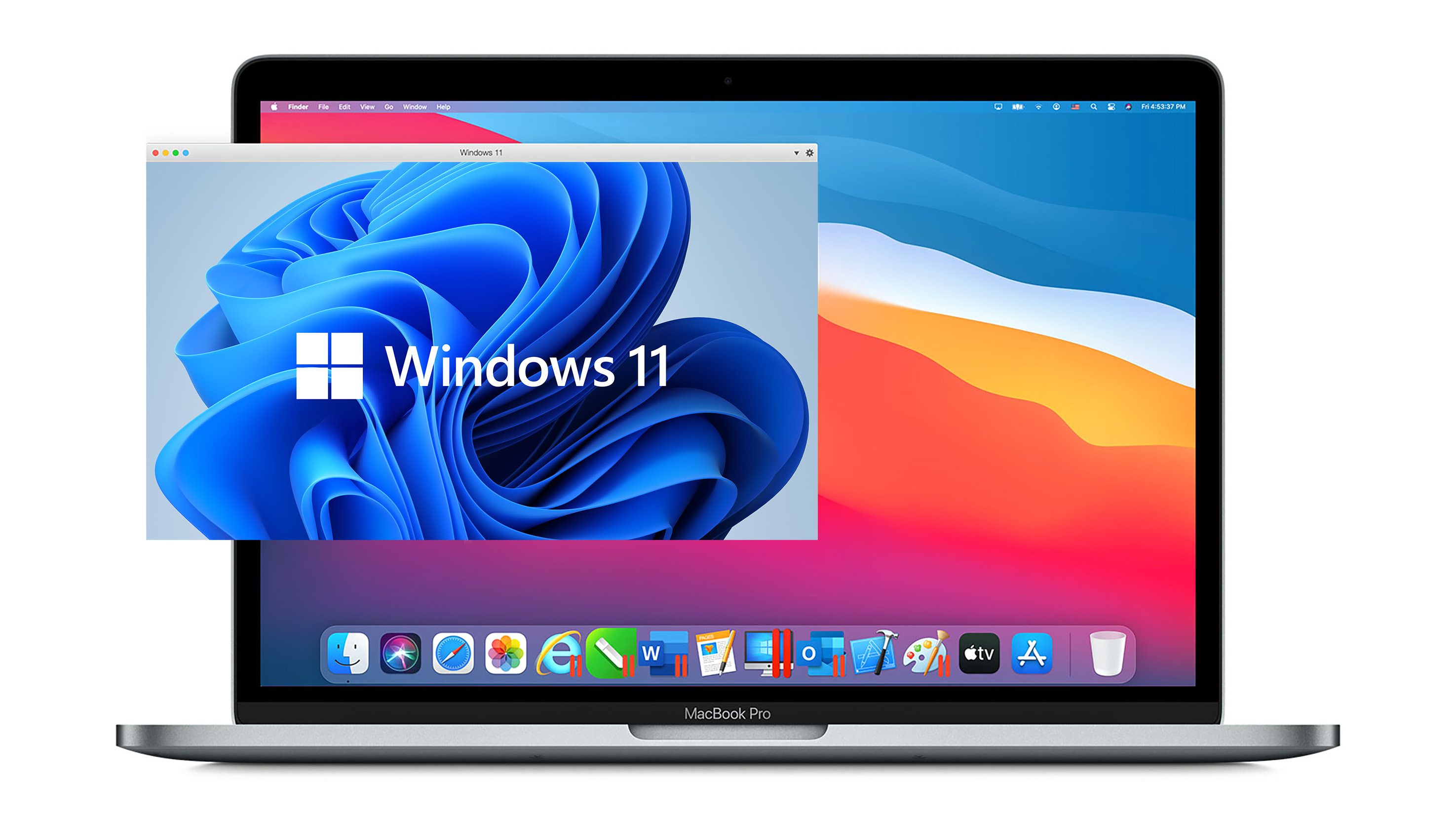
However, Microsoft has dampened hopes that Windows will ever work on Apple silicon, saying that running an Arm version of Windows 11 on M1 Macs, via virtualization or otherwise, is not "a supported scenario."
A Microsoft spokesperson made the comments to The Register on Friday, suggesting that neither native support for Apple silicon nor support through virtualization is something the software giant is considering for its Arm architectures.
Apple's M1 chip is a custom Arm SoC, so it's not possible to install the x86 version of Windows or x86 Windows apps using Boot Camp, as was the case with previous Intel-based Macs.
However, in November 2020, shortly after Apple debuted its first M1 Macs, a developer was able to virtualize the Arm version of Windows on Apple's M1 chip with no emulation, igniting hopes that official support would be developed down the line.
In the meantime, users have been using Parallels virtualization software to run Insider builds of Windows 10 and Windows 11 developed for Arm hardware, but there are indications that this route may soon be no longer viable, either.
As noted by The Register, last week a Windows 11 Virtual Machine running on an M1 Mac with Parallels Desktop 17 began throwing up a hardware compatibility error on an Insider build. Parallels has since released version 17.0.1 of its software, which seems to resolve the issue, allowing Windows 11 to again run on M1 Macs, for now at least.
How Parallels has achieved this is unclear, and we have reached out to them for comment, including whether support is still a long-term goal. The company previously promised full support for Windows on Apple silicon when the operating system launches in October.
Apple's software engineering chief Craig Federighi last year said that Windows coming to M1 Macs is "up to Microsoft." The M1 chip contains the core technologies needed to run Windows, but Microsoft has to decide whether to license its Arm version of Windows to Mac users.
This article, "Microsoft Says ARM Windows Virtualization on Apple Silicon Macs 'Not a Supported Scenario'" first appeared on MacRumors.com
Discuss this article in our forums
0 Commentaires